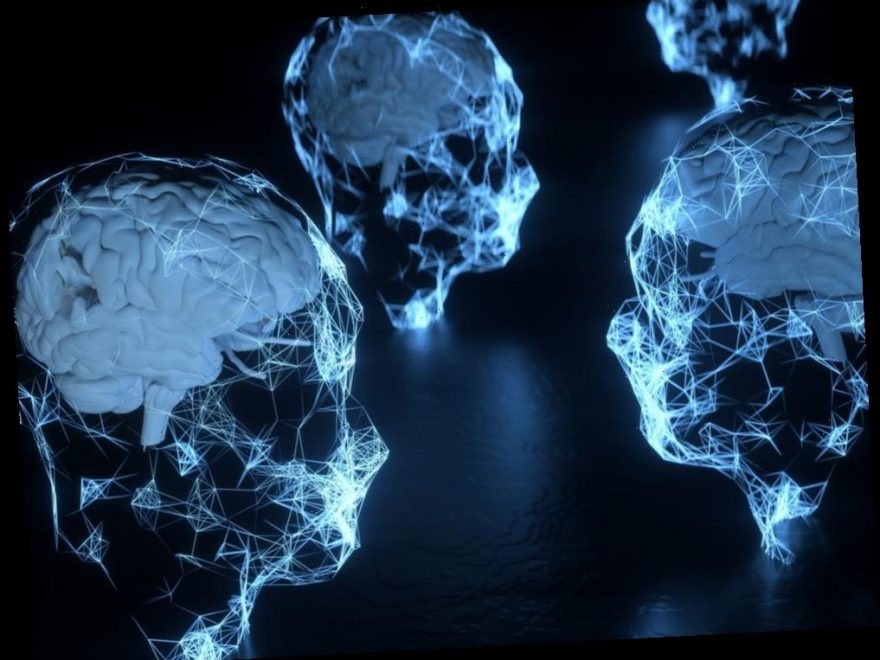No one knows where we go when we die. Microsoft might have some ideas.
Last month, the U.S. Patent and Trademark Office granted a patent to Microsoft that outlines a process to create a conversational chatbot of a specific person using their social data. In an eerie twist, the patent says the chatbot could potentially be inspired by friends or family members who are deceased, which is almost a direct plot of a popular episode of Netflix’s Black Mirror.
In that episode, “Be Right Back,” a woman named Martha is upset when her partner, Ash, dies in a car accident on the day they were supposed to move in with each other. It turns out one of Martha’s friends has signed her up for a service that will let her communicate with Ash through text messages. Of course, it isn’t really Ash, but a sort of AI-based version of him. Suffice to say, things get weird.
According to the new Microsoft patent, images, voice data, social media posts, electronic messages, and written letters can all be used to “create or modify a specific index in the theme of the specific person’s personality.” From there, engineers can use the index to train a chatbot to converse like that person—yes, even if they’re already dead.
Even creepier: The application could also don the likeness of your dead loved one in a “2D or 3D model,” and utilize their voice while talking to you.
This sort of chatbot opens a whole can of worms when it comes to data rights and privacy. “Technically, we can recreate anyone online given enough data,” Faheem Hussain, a clinical assistant professor at Arizona State University’s School for the Future of Innovation in Society, told Reuters in April 2020. “That opens up a Pandora’s box of ethical implications.”
The question boils down to consent: Anyone who has access to data like text messages, photos, videos, and audio recordings from the deceased could theoretically create a virtual avatar of the person, even if they’d never agree to such a thing while living. You can thank a lack of regulation in most countries surrounding post-mortem data.
Now, patents aren’t always perfect proxies for new products. In many cases, companies pursue patents for wholly different reasons, including to protect against future competition. Securing the intellectual property rights for this sort of chatbot could certainly be Microsoft’s way of ensuring it will have a place in any future market devoted to AI-based renderings of late loved ones.
That doesn’t mean Microsoft will ever produce something to this effect. The company could sell off the patent to another firm that wants to get into the chatbot space in the future, for example. There’s always the possibility this idea will never take off, and it will remain where it is right now: floating in the ether.
And frankly, that might not be such a bad thing.
Source: Read Full Article
